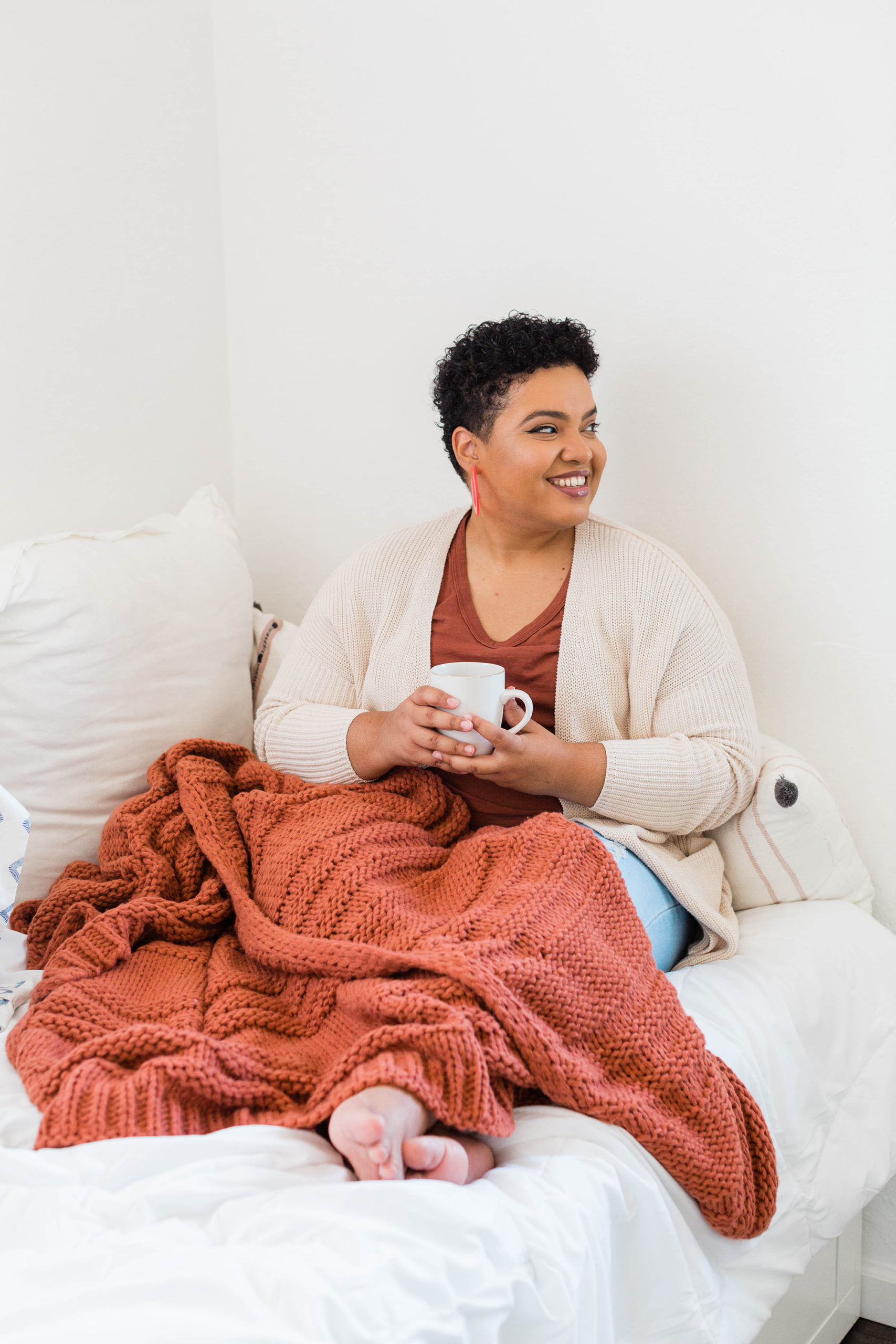
Back to School: Mental Health Self-Care
Written by: Tiffany Oh, Psychotherapy Practice Management Intern
This post may contain affiliate links, which means we may receive a commission, at no extra cost to you, if you make a purchase through a link. Please see our full disclosure https://sagecounselingtherapyandwellness.com/disclosure-privacy-policy-terms-of-use/ for further information.
As students head back to school during a pandemic, we’re facing a new set of challenges that come with a school year like never before. As unique as this experience is, it’s also hard. Earlier in the pandemic, I noticed more vulnerability when talking about mental health. The circumstances surrounding the pandemic (i.e. associated anxiety, isolation, quarantining) make it extremely hard for us as social beings to keep these guidelines in mind while also attempting to maintain and make connections. Trying to process our thoughts and emotions while also attempting to make sense of the world around us presents the need to emphasize mental health and self-care even more than before.
Here are some tips that I find useful as a full-time student prioritizing my own mental health:
- Acknowledging that your feelings are valid. Every single one of us experiences different feelings for similar events. Recognizing this and allowing yourself to feel and understand your emotions creates a healthier space for you to express yourself and your needs.
- It’s okay to ask for help. Whether it’s for school subjects or life, there are resources out there to help you! Gathering these resources like a crisis help line and knowing people to reach out to when you need help can be beneficial when you need them.
- Setting boundaries. Not only setting boundaries, but also sticking to them is a type of self-care. Actions such as being able to say “no” and communicating to others about your thoughts wouldn’t necessarily come to my mind when thinking about self-care. However, it’s important to know your limits when it comes to how much you can handle without experiencing burn out.
- Making time for the things you love. Setting out time every day/week to do activities you genuinely enjoy is extremely difficult to commit to but proves itself rewarding. Jam out to some music or make yourself a cup of tea and watch your favorite show. No matter how short or long the activity is, take some quality time for yourself in the midst of this chaotic period.
- Practicing mindfulness. Deep breathing, meditation, and allowing yourself to be in the present moment can help with shifting your focus from past or future anxieties to the “now.” Mindfulness has proven itself to be beneficial for both physical health and psychological well-being. Insight Timer is a great, free app that has tons of guided meditations and calming music that can help with practicing mindfulness. Guided mindfulness journals also have plenty of personalized grounding techniques that you can use to your advantage.
- Staying connected to others. I cannot stress this one enough! We have been wired to have interactions with people and make meaningful connections. Isolation makes it really hard to socialize with other human beings. Even though there can be strict restrictions and guidelines at schools, there are still other ways to stay in touch with others virtually: watch something using Teleparty, play games like Skribbl.io over Zoom, and call or FaceTime.
- Prioritizing sleep over tasks. There will be days where we feel the need to stay up later (possibly pull all-nighters) to finish our work for the day. Although it’s important to get work done by specific deadlines, we also need to remember that sleep is how our bodies repair themselves. Our organs and physiological systems need adequate sleep to function correctly. I used to cut sleep when I was doing assignments at the last minute (papers or studying for a test), but I found some methods that work for me to help me get my work done in a more timely manner:
- Squeezing in work whenever I had short breaks in the day. Doing the smaller tasks such as homework assignments or reading ten pages of a book builds up, and it took a lot of weight off my shoulders when I could fit them in during the day instead of having to cram them in at night.
- Taking short breaks in between 25-30 minute study sessions (Pomodoro method). I found this the most useful when I had more open tasks such as studying for an exam or doing things that don’t have a set deadline.
- Separating sleep and work space. The sleep space is normally associated with resting, so it makes it harder to be productive there. The complete opposite can happen as well. Since the space is now associated with work and productivity, it can be harder to sleep there.
- Watching your social media intake. This one is tricky because I also believe that social media can be beneficial when used in a tailored manner. A lot of the news about COVID and other happenings can be overwhelming when everything is taken in all at once. However, with content geared towards having a better psychological well-being, social media can be a great resource for finding more information and making it accessible for others as well. Check out our social media here.
- Reframing anxiety. Writing down current thoughts and then thinking about them from a different perspective can be used as a powerful tool. When I reframe my thoughts, I find myself taking a more realistic approach and asking myself how this different thought can help me. I tend to look for more meaning behind my thoughts and actions, which often guides me to be present in the moment.
- Realizing that you come first. We get so caught up in what’s going on around us that sometimes we don’t realize that we can’t help others if we have too much on our own plate. All of these previous tips should be a reminder that we should prioritize our own mental health before doing anything too demanding of our abilities.
To learn more about how we can work together on your goals, contact me.
Want to read more? Here are a few of my related blog posts you may be interested in checking out!
– “5 Ways to Lower Your Anxiety”



0 Comments